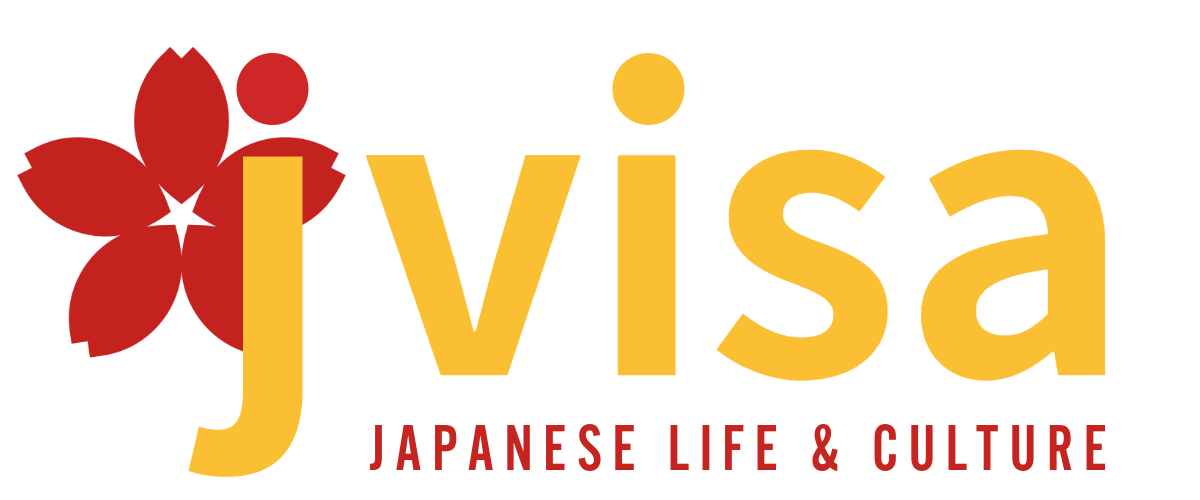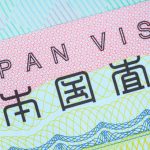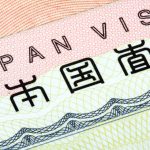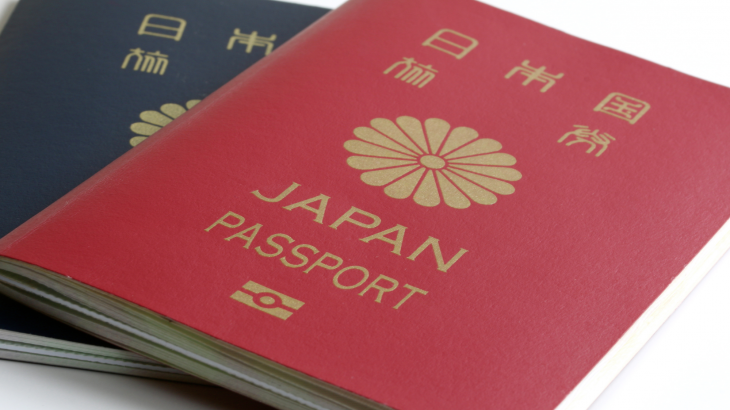Japan is one of the world’s leading economies and offers many business opportunities. However, due to the recent trend of the yen’s depreciation and the global economic recovery, Japan has become an ideal destination for Freelancers (independent workers) to live and work.
However, compared to coming to the office regularly, foreigners tend to prefer freelance work. To do so in Japan, there are some strict standards and regulations that freelancers need to follow. This article introduces how and under what conditions foreign freelancers can obtain a work visa in Japan, as well as notices to work here.
Japan Work Visa
Foreign nationals wishing to stay in Japan for the long term need to have a resident status. Among them, some resident statuses are collectively referred to as “work visas” for the purpose of working. There are a total of 16 types of work visas, each assigned to specific industries or activities. For example, visas for engineers and international activities are for technicians in the field of science and engineering, IT personnel, translators, designers, etc. Without a work visa, foreign nationals are not allowed to stay or work in Japan.
For those who want detailed information about work visas in Japan, refer to the article below:
Can foreign freelancers obtain a work visa?

Applying for a visa for foreign to work freelance is not easy, but it is feasible if the necessary requirements are met. You need to prove that you are operating as a freelancer and have evidence of income through long-term contracts with companies. Depending on the situation and industry, the likelihood of approval is higher when the company you contract with carries out the visa application process instead of you applying on your own. When hiring foreign freelancers, companies facilitating the visa application process can make the procedure smoother.
Requirements for Freelancers to Obtain a Work Visa

To obtain a work visa, foreign freelancers need to meet the following requirements:
Income
Proving stable income is an important step to obtaining a work visa. A standard is that the total annual income must be 3 million yen or more. If you have contracts with multiple companies, you can combine these income sources and demonstrate the diversity of your income to show the stability of your earnings. Even if the annual income is below 3 million yen, you can still obtain a visa, but you need to explain in detail why your income does not meet this standard.
Contract Duration
The contract duration with the company you work for is recommended to be 1 year or more. If the contract duration is only a few months, the instability of income might be a reason for visa denial. However, if the contract is continuously renewed every few months, you can still be granted a visa. In the case of short-term contracts, you need to submit documents proving the history of contract renewals and conditions for future renewals.
Achievements
To prove income from freelance work, presenting achievements is important. Completed projects, award history, certificates are objective evidence, so you should prepare these documents. Achievements from side jobs before becoming a freelancer are also accepted.
Degrees and Work Experience
The highest degree and work experience are also important factors when applying for a freelance work visa. Requirements for foreigners wanting a work visa include graduating from universities, graduate schools both domestically and internationally with degrees, or graduating from professional schools in Japan.
Even without a degree, if you can prove work experience, you may still be granted a visa. For jobs such as translation, interpretation, and international professions, at least 3 years of experience is required, while business and engineering professions require 10 years of experience or more. You can prove this work experience through certification from previous companies.
Notes for freelancers working in Japan

After obtaining a work visa, there are still some important points to note. Here are 4 key points to consider when working:
Check the contract
Checking the contract is important to avoid complications with where you signed the contract. By creating a contract and clarifying terms such as job content, remuneration, contract duration, you can clarify the agreement between both parties. This helps to easily address any issues that may arise. Furthermore, the contract is also a necessary factor for visa application and renewal procedures, so you should request the contracting party to create a contract.
Tax declaration
Like Japanese citizens, foreign freelancers need to file taxes annually and pay taxes properly. Tax filing is usually done within the designated period from February to March each year. Japan’s tax system is quite complex, and especially difficult to understand for foreigners. By consulting with tax authorities or receiving advice from accountants, you can avoid mistakes when filing taxes.
Participate in social insurance
Foreign freelancers need to register and pay National Insurance and National Health Insurance on their own. When working for a company in Japan, social insurance premiums are usually deducted automatically from salaries, so you rarely need to worry about social insurance. However, when working as a freelancer, you need to manage social insurance procedures yourself, and there is also a risk of late payment. Insurance procedures can be carried out at the local government office where you reside.
Report to the Immigration Bureau
Foreign freelancers need to report all workplaces to the Immigration Bureau. The Immigration Bureau requires reporting within 14 days of changes in workplace names or addresses, termination of contracts, loss of contracts, or signing new contracts. The necessary document for reporting is the “Workplace Report,” and skipping this step may cause difficulties in applying for residency extension, so attention is needed.
Other options besides work visas

When foreigners work freely in Japan, there are other options besides work visas, but these options are often limited by specific conditions or scopes of activities. Here are two types of visas that may allow foreigners to work freely without a work visa:
Specified Activity Visa
The specified activity visa is a type of visa for specific activities, such as participating in international exchange activities or specific projects within Japan, not belonging to regular work types. This type of visa may be applicable to freelancers participating in specific projects, depending on the nature of the activities and time, conditions may vary.
Student Visa
Foreigners with student visas can work part-time alongside studying in Japan, within permissible limits. However, work under this visa is only allowed within limits that do not affect studies and not for the purpose of formal freelance work. There are limitations on working hours and types of work, and prior approval from the school or immigration authorities is required.
Expectations for Digital Nomad Visa

Foreign freelancers wanting to work in Japan need to meet strict standards. In that context, the Japanese government has announced the implementation of a “Digital Nomad visa” for high-income foreign workers at foreign IT companies. Recently, remote work has become popular worldwide and the number of digital nomads has increased rapidly. With the introduction of the Digital Nomad visa, freelancers can stay in Japan for a period of 6 months.
For more details about the Digital Nomad visa, please refer to the following article.
Summary
This article introduces the procedures and considerations for foreigners who wish to obtain a work visa to work in Japan. Depending on the type of activity, choosing the appropriate visa such as Technical, Humanities, International Services, or Specified Skilled Worker visa, and meeting the necessary requirements are crucial. To obtain a visa, preparing documents such as stable income proof, long-term contract with the company, achievements, or educational qualifications is necessary.
With the development of the Digital Nomad visa, it is expected that the activities of foreign freelancers in Japan will be promoted in the future. Foreign freelancers considering working in Japan should refer to this article for preparation.










